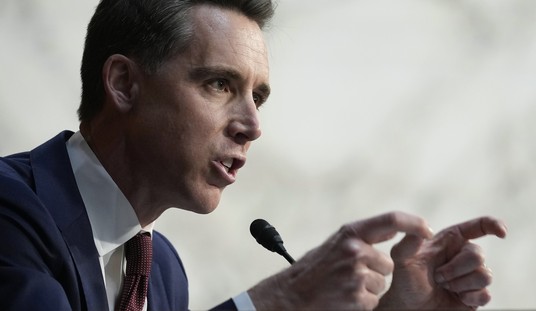In a September 11 Bloomberg article, economist Noah Smith claims that John Maynard Keynes, the architect of today’s government economic policies around the world, wasn’t a “‘socialist’” or even a “‘progressive.’” He did not favor “a command economy.”
Yes he “was in favor of some amount of wealth redistribution and government intervention into the economy.” But “Keynesian policies are fundamentally … about economic stability,… about smoothing out the fluctuations in the economy, reducing risk for everyone concerned.”
“Stabilization theory says that you can smooth out the wrinkles of the business cycle without messing with the deep structure of how the economy works. The expectation is that if the government does just that—just that one small, minor intervention—then recessions won’t be a big problem….” To accomplish this, among other things, the government will raise interest rates when the economy is too hot and lower them when it is too cool.
So who is misrepresenting Keynes? His critics or Smith? In the first place, Keynes himself did not recommend raising interest rates to cool off an economy. He wrote that “The remedy for the boom is not a higher rate of interest but a lower rate of interest! For that may enable the boom to last.” [General Theory, p. 322]. He even recommended eventually bringing interest rates down to zero and keeping them there [General Theory, pgs. 220-21 and 336].
Nor are Keynesian attempts to stabilize the economy through interest rates a “small, minor intervention.” They represent a price control of one of the economy’s biggest prices, the cost of credit. Today they are also accompanied by many other managed prices—most notably in world currency markets, but also in large domestic markets such as healthcare.
Recommended
A market economy depends above all on free prices. All the Keynesian price controls, manipulations, and nudges just lead to boom, bust, and economic destruction, the opposite of stabilization.
Smith states that Friedrich Hayek, Keynes’s most prominent critic in the 1930’s and 1940’s, began the misrepresentation of Keynesianism. But Hayek argued that “the more we try to secure full security by interfering with the market system, the greater the insecurity becomes,” and Hayek was right. Wilhelm Ropke put it even more succinctly: “The more stabilization, the less stability.”
Smith also describes Greg Mankiw, a leading contemporary Keynesian and author of one of the most widely used economic textbooks, as one of “the most prominent conservative economists writing in the popular media today.” Well, Mankiw is a Republican and did serve George W. Bush as chairman of his Council of Economic Advisors. But George W. Bush is the president who enlarged government and deficits and who coined one of the most memorable oxymorons of all time when he said “I’ve abandoned free market principles to save the free market system.”
Is Smith at least correct that Keynes was not in favor of a “command economy”? Here is how Keynes described his own views on this subject:
“[I favor] … a somewhat comprehensive socialization of investment.” [General Theory, p. 378].
“State planning,… intelligence and deliberation at the center must supersede the admired disorder of the 19th century.” [BBC broadcast, March 14, 1932].
Keynes did oppose Marxism. He regarded Soviet Communists as deranged “Methodists” [Essays in Persuasion, pgs. 299, 310], but said about the early Soviet five year plans: “Let us not belittle these magnificent experiments or refuse to learn from them.” [BBC Broadcast, March 14, 1932].
In general, Keynes’s critics are not distorting him. It is the people who zealously guard his shrine, including the New York Times, Public Radio, and Wikipedia, who are doing so.

























Join the conversation as a VIP Member